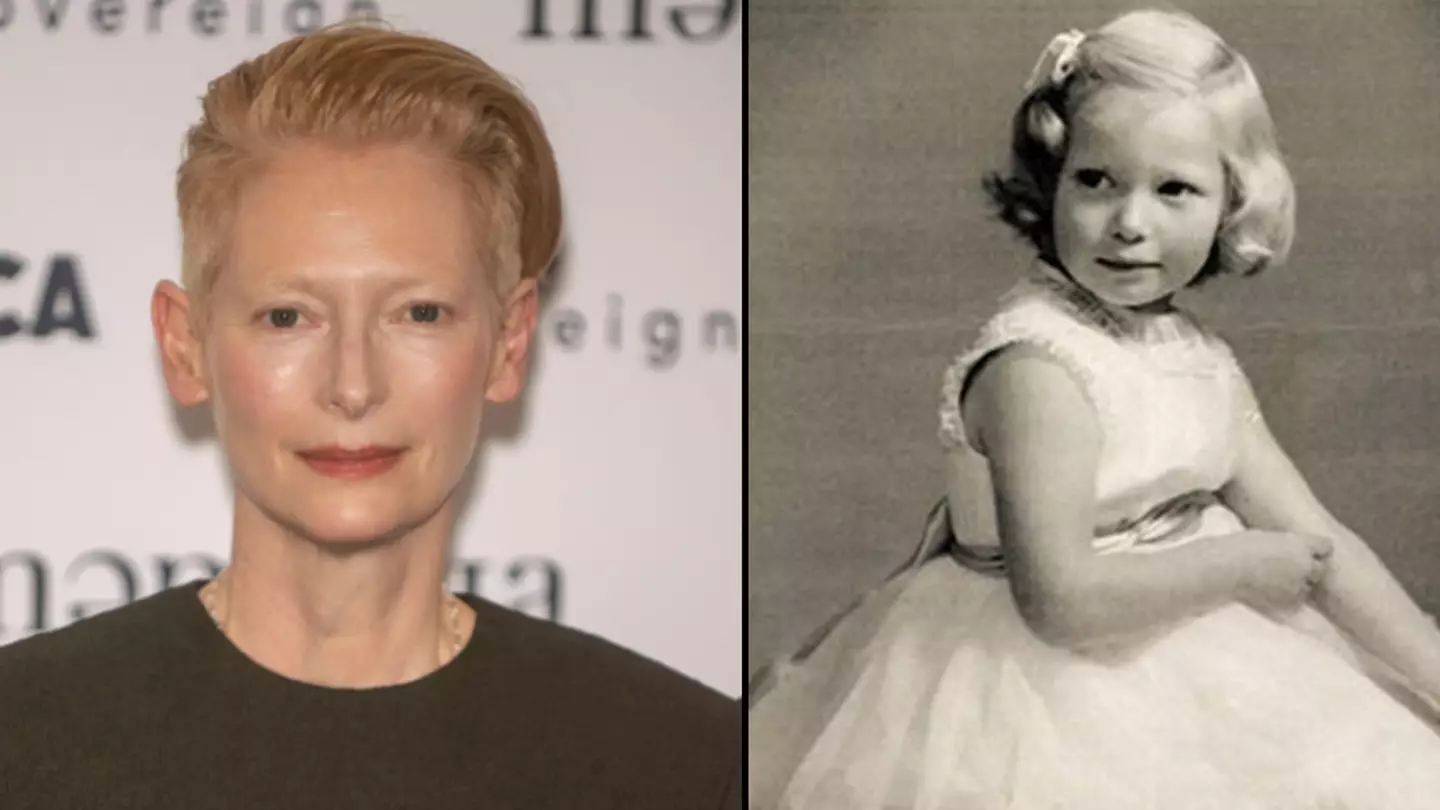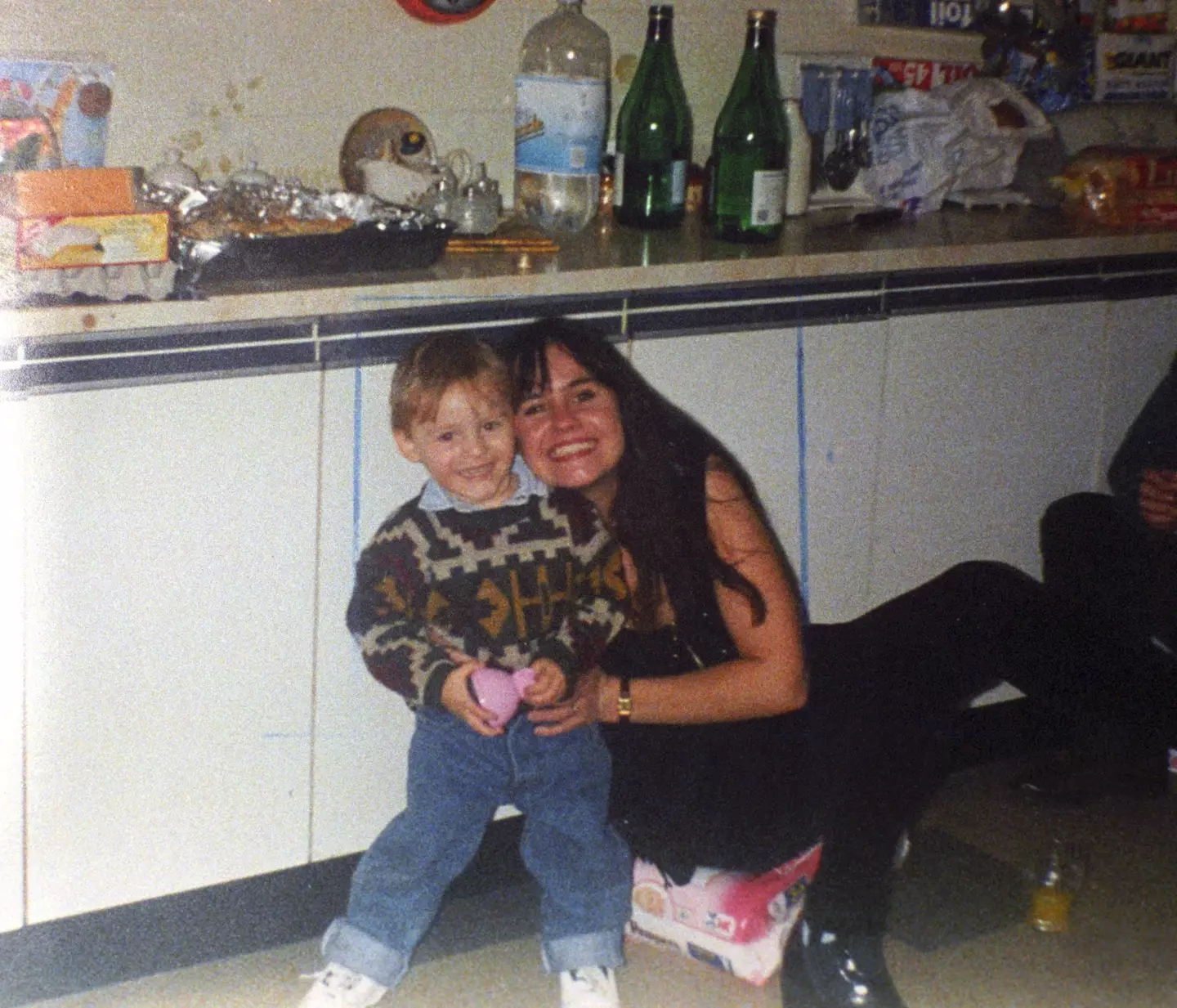
Have you ever had one of those moments where a memory from your childhood has resurfaced, seemingly out of nowhere?
Sometimes, it takes an event in the present day to prompt something from decades previous to re-emerge in your mind.
If you're lucky, you'll be reacquainted with a memory that leaves you feeling all warm and fuzzy, but if you're not, you might stumble upon something dark and disturbing that was clearly buried for a reason.
That was the case for Tilda Swinton, following the horrific murder of James Bulger in Liverpool in 1993.
Advert

The two-year-old was killed by 10-year-olds Jon Venables and Robert Thompson in a case that shocked the country - and prompted Oscar-winner Swinton to confront a troubling memory from her own childhood.
Speaking to The Telegraph in 2011, the Avengers: Endgame star recalled: "Years ago, when James Bulger was murdered, every newspaper front page was talking about evil.
"At that point, having suppressed it for years, I remembered when I was four or five, I tried to kill my own brother.
"He was newly born and I was disappointed, because he was the third boy. That was enough as far as I was concerned."
Advert
Elaborating on what exactly happened, she recounted: "I went into his room to kill him, saw some ribbons from a bonnet going into his mouth, and began to pull them out. And I was discovered saving his life.
"So I had this strange reputation – my brother's saviour – and no one knew I wanted to kill him.
"It took the Bulger case for me to remember that I'd seriously wanted to. I thought, why doesn't this happen more often?"

Speaking in November, former Supreme Court justice Lord Brown of Eaton-under-Heywood said it was 'high time to banish the long shadow' of the Bulger case, as he backed raising the age of criminal responsibility from 10 to 12.
Advert
Campaigners believe the case accounts for the reluctance of the authorities to increase the age of criminal responsibility.
Lord Brown said: "A 10-year-old’s mental capacities are not comparable to those of an older adolescent or adult.
"Criminalising these youngsters while they are still developing their identities and their character, growing socially and emotionally, is deeply damaging to their self-esteem and their future prospects.
"Brand a child 10 or 11 a criminal and that is how he will come to see and identify himself, and so in future he will behave."
Topics: Celebrity